Winston Peters rises as New Zealand’s Ardern era ends
Winston Peters is a little bit Pauline Hanson and a lot Donald Trump. At 78, he’s New Zealand’s newest old-fashioned kingmaker.
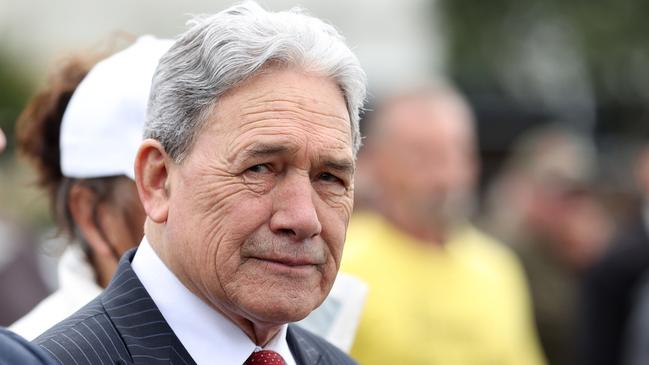
New Zealanders are preparing for the triumphant return of the 78-year-old rock star of New Zealand politics, Winston Peters.
His minor party, New Zealand First, is on track to help the National Party form government in this Saturday’s national election, after six years of Labour.
Who is Winston Peters?
If you took the straight-talking rebelliousness of Pauline Hanson, the wild post-truth confidence of Donald Trump and the cut-through of Jacinta Nampijinpa Price, you’d end up with someone like Winston Peters: the snappily dressed septuagenarian who has shaped New Zealand politics for five decades.
He’s charming when he wants to be and volcanic when it suits him.
He’s half-Scottish, half-Maori; a former National MP who quit the conservatives to form his own party, New Zealand First, in the 1980s.
In the decades since, he’s been Treasurer in a National Party government and Deputy Prime Minister in Jacinda Ardern’s Labour government.
He’s been in and out of parliament numerous times, and just keeps coming back.
Now, as New Zealand heads for this Saturday’s election, Winston Peters is set for another triumphant return – this time as a potential minister in a likely National government.
“He told me that, it was his passion to change New Zealand,” says The Australian’s New Zealand correspondent Anne Barrowclough.
“But I think this is his life. Politics is his life. Whatever you think of him, he‘s got huge energy.
“I think he went to three rallies on the day I met him, and then sat with me for an hour and then went straight off from that to an evening rally. So he‘s doing pretty well for 78.”
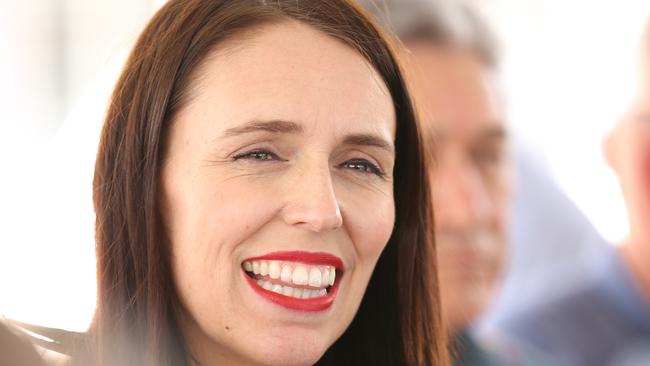
Peters’ key demographic is older, white New Zealanders and, over the years, he’s perfected the art of putting his finger right on their hot buttons: a couple of decades ago, it was Asian immigration.
Then it was Maori welfare dependency.
Right now, it’s something called co-governance – a Labour government policy that involves Maori representatives in management of everything from water policy to health services.
Peters calls it “a disease”.
“He speaks to people‘s grievances and he’s caught the Zeitgeist at the moment, as he always does, in that there’s a great divide now here,” Barrowclough says.
“People are concerned over the pivot to Maori culture, Maori language, a reinterpretation of the Treaty of Waitangi, New Zealand‘s founding document.
“So he has picked on these fears among mainly white, mainly elderly people. And the rallies are very Trumpian in that people whoop and holler, sometimes from their wheelchairs.
“They think he‘s wonderful and he charms them. He complains about everything he can in New Zealand and he sets himself up as a victim, saying there’s a media conspiracy against him and there’s a political conspiracy against him.
“They lap it up. They absolutely lap it up. Each of the rallies I went to, there were at least 400 people in each, which for little New Zealand is pretty good.”
Who is David Seymour?
Also in the running at Saturday’s election is another charismatic outsider – and potential kingmaker. That’s ACT party leader David Seymour.
That stands for the “Association of Consumers and Taxpayers”. It was founded on the ideals of neoliberal economics – low tax, small government – in the early ‘90s and has mostly operated on the fringes of New Zealand politics – until now.
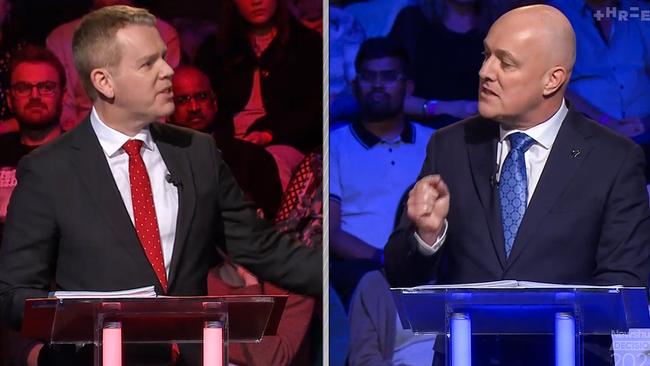
“[David Seymour] is that very rare beast. He‘s a conviction politician. He sincerely believes in what he’s doing. And politicians on both sides of the divide see this in him,” Barrowclough says.
“He studied philosophy at university and then went on to work for a neoliberal think tank, so all his politics are actually based in this philosophy of personal freedom and personal responsibility.”
ACT’s economics have been too conservative for many New Zealanders – but Seymour has dragged the party into the spotlight.
“He drove through a right to die bill which took him five years. He wrote the bill in 2015 and pushed it through in 2020,” Barrowclough says.
“He supports LGBTQI rights, because again, it goes back to personal freedom.”
If he enters government after Saturday’s election, Seymour is widely tipped to take on the finance portfolio – a throwback to the 1980s heyday of ACT’s founder, Roger Douglas.
Douglas was a Labour finance minister and a hardcore economic neoliberal. His approach – they called it “Rogernomics” – stripped away government subsidies and tariffs that protected industries from international competition, lowered income taxes and imposed a goods and services tax.
Roger Douglas says he, for one, won’t be voting for the party he founded in this election, saying David Seymour has made it a party for the wealthy.
So, what kind of finance minister would Seymour be?
“He‘ll bring in tax cuts, but he’ll also bring in quite stringent economic measures,” Barrowclough says.
“The business community actually had told me that they would want him as a Finance Minister, which is interesting. He believes in small business, wants to push for small business, and take away tax measures on them.
So he‘d be a pretty tough finance minister, but highly respected by business.”
Who is running in the New Zealand election?
The Prime Minister of New Zealand right now is Labour’s Chris Hipkins, who got the job when the wildly popular Jacinda Ardern stepped down.
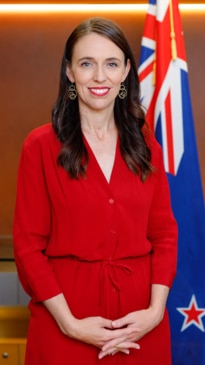
Neither Hipkins nor his National opponent, Christopher Luxon, have the star power of either Ardern or Peters. And New Zealand’s mixed-member proportionality system — known as MMP — means the whoever wins is likely to need to cobble together a coalition.
“Labour is currently in government thanks to Jacinda Ardern‘s huge popularity in 2020,” Barrowclough says.
“They had a sweeping win. But it was the first time that‘s happened. So, this time around, the National Party – the Opposition party – is tipped to win, but only in a coalition with ACT.
“And currently neither of the parties will actually get to a majority, even together, so they would then have to bring in a third party, which is New Zealand First, run by the very maverick politician, Winston Peters.”
For a party to enter into government in New Zealand, it has to win more than five per cent of the vote or win one seat.
Winston Peters’ party New Zealand First is currently polling at around six per cent, and Peters himself is only just tailing current PM Chris Hipkins and Opposition leader Christopher Luxon as preferred PM.
That means New Zealand’s looking at a National government with two of the nation’s most colourful politicians in cabinet.
“It would be a completely, completely different type of government,” Barrowclough says.
More on the right, obviously, as National is centre-right and ACT as slightly further to the right, but would be a very, very different government than Ardern, whose government was known really for progressive policies but not for actually doing very much.”
Does New Zealand have a Voice?
When the election is underway in New Zealand on Saturday, Australians will be voting in the referendum on an Indigenous Voice to Parliament on the other side of the Tasman.
Winston Peters has an opinion about that, too.
“He said he wouldn‘t vote for the Voice himself,” Barrowclough says.
“He met (Aboriginal leader) Charlie Perkins in 1988 and he thinks that the Yes campaigners don‘t represent Perkins’ original ideals.
“But he also made the point that there are a myriad of Indigenous voices around Australia, just as there are a myriad of Maori voices around New Zealand, and they can‘t all be represented by one Voice, literally.”
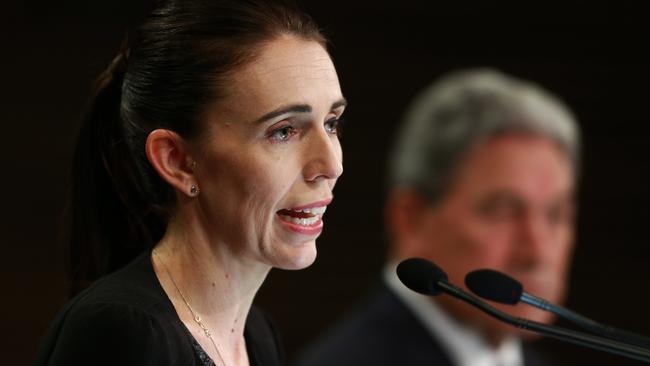
There are two more big issues dominating this campaign: China and defence policy.
ACT leader David Seymour says the country must get in on AUKUS – the historic defence AUKUS pact between Australia, the UK, and the US.
Specifically, Pillar Two of AUKUS, which relates to technological development.
“New Zealand has been soft-pedalling on China‘s aggressive reaction to the Indo-Pacific,” Barrowclough says.
“And [Seymour is] concerned, and I think most people are, that even in a new government, this dependence will stop New Zealand really from being part of a global partnership with Australia on defence insofar as possibly joining the technological side of AUKUS.
But he believes that New Zealand should diversify its trade more. He would be pushing for a free-trade agreement with India, which New Zealand has really been lagging on for years.”
Peters is mostly on board with boosting spending on defence, but he’s concerned New Zealand won’t be able to come up with the mega funds necessary to have a seat at the AUKUS table.
This is an edited transcript of our daily news podcast The Front, where our journalists speak candidly about their stories.
Hear it now on Apple Podcasts, Spotify or in The Australian’s app.

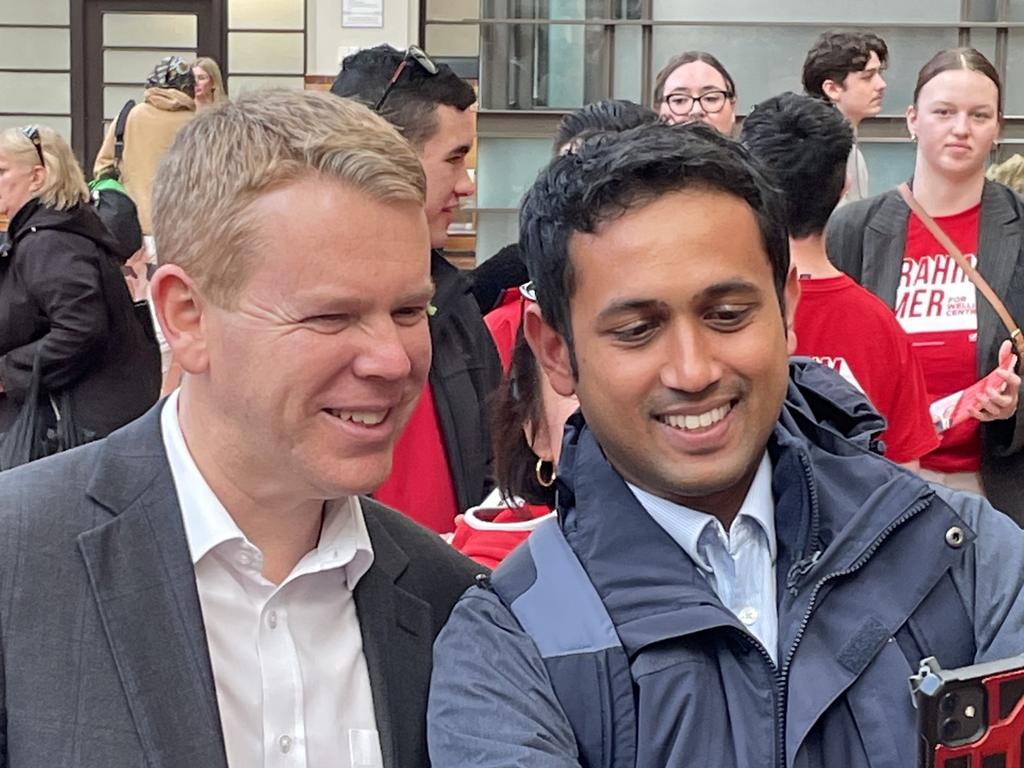
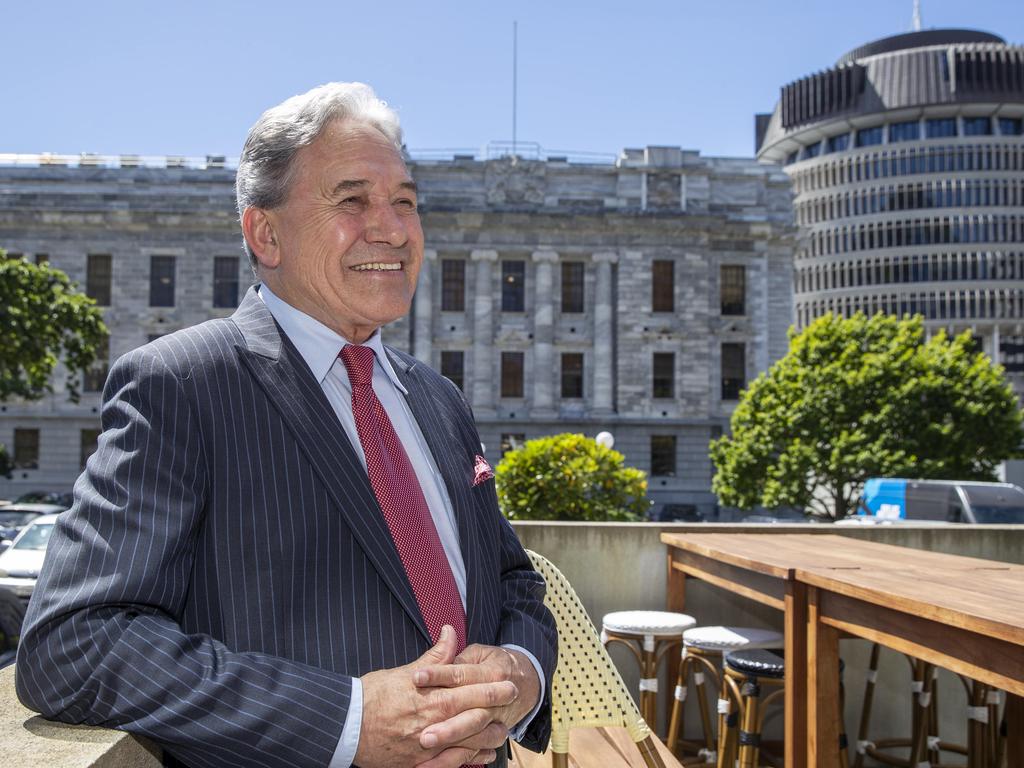
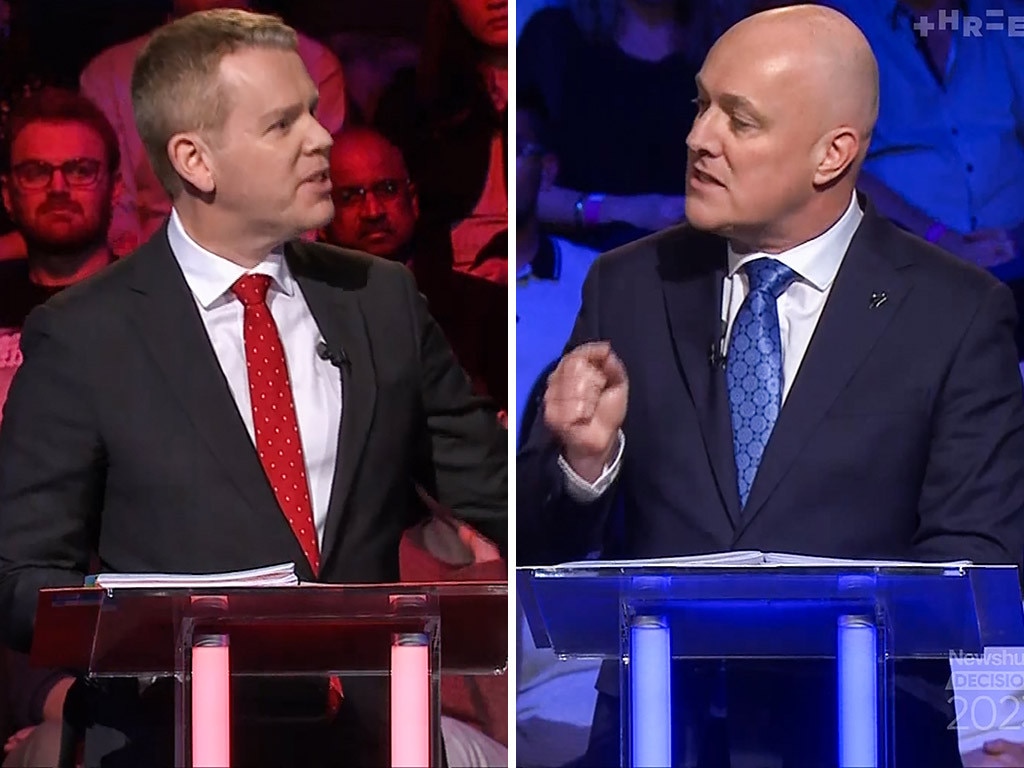
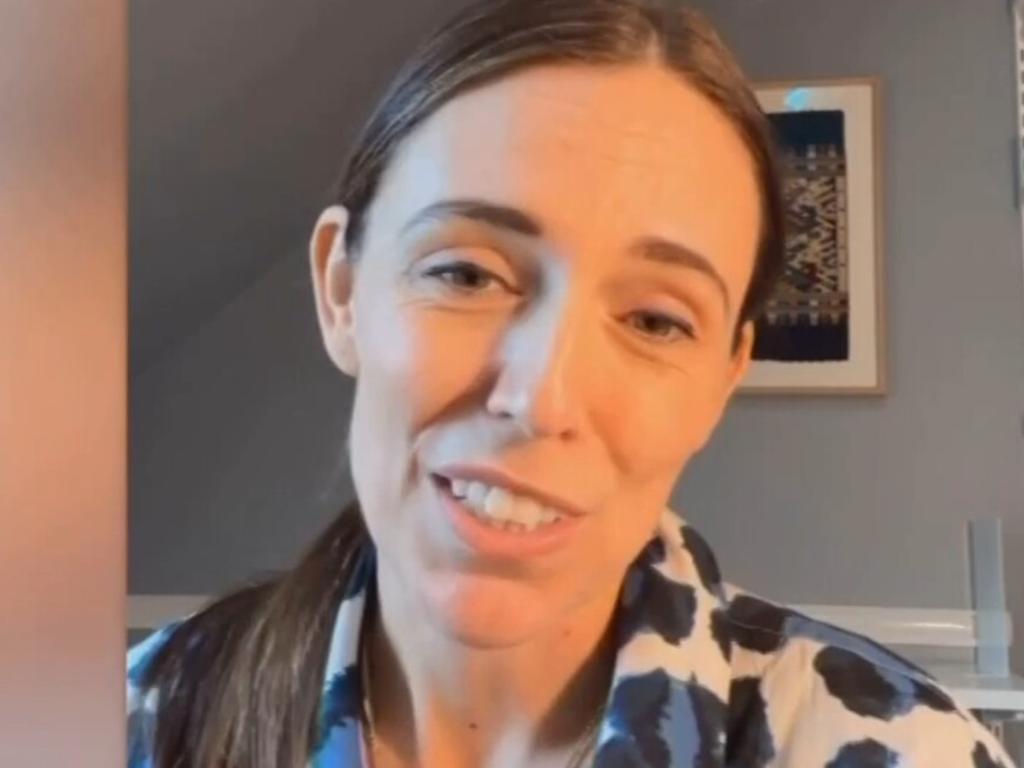
To join the conversation, please log in. Don't have an account? Register
Join the conversation, you are commenting as Logout